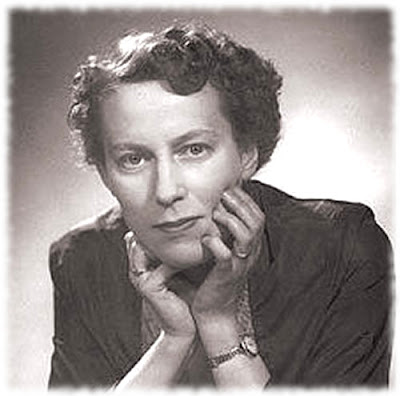Norman Lebrecht: Slipped Disc and Lebrecht Weekly, 12/05/2023 "Why I cannot, in good conscience, review this record I cannot, in all conscience, give this recording a star rating, or even a detailed review. The soloist is Elisabeth Leonskaja, a legendary pianist whose introspections are perhaps the strongest living reminder of her late friend Sviatoslav Richter....Christian Thielemann, in the recent film ‘Music under the Swastika’, claimed that Wilhelm Furtwängler’s complicity in the Third Reich was justified by his legacy of extraordinary recordings. Leonskaya’s presence in Putin’s Russia is not dissimilar. What are we to make of them?... The performances, per se, have nothing to do with the present situation. And yet, everything.I cannot review them". . ..and if you don't like my principles... well, I have others . Norman Lebrecht: Slipped Disc , 19/11/2025 "The Muziekgebouw in Eindhoven has cancelled a December 4 concert by the Russian-Georgian Jewish pia...











Comments
D.M. was one of the early professors at Mills college.
Have a look at the current M.C. site.
http://www.mills.edu/academics/faculty/mus/rmitchell/rmitchell.php
Who’s in charge of the D.M. chair? Roscoe Mitchell.
The most serious man from the jazz ensemble Art Ensemble of Chicago.
BT
Thanks for the Dave Brubeck post. Thought I'd forward you an excellent link/podcast re: Brubeck's earlier, more experimental trio and octet recordings that I learned of through Marc Meyer's fine "Jazz Wax" blog.
http://indianapublicmedia.org/nightlights/playland-beach-dave-brubecks-early-octet-trio/
http://www.jazzwax.com
TEMcC